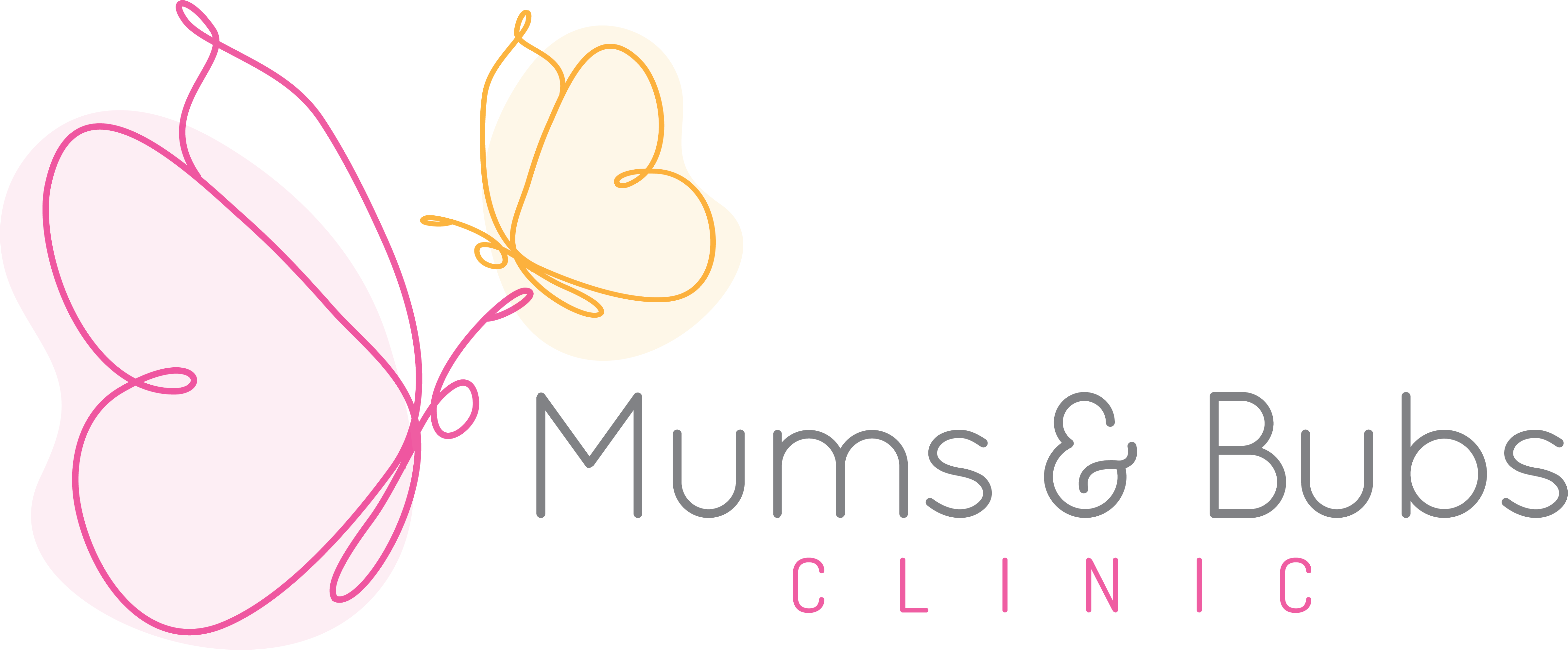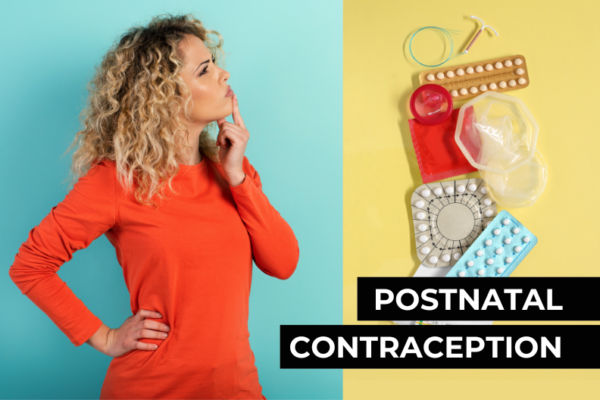After welcoming your baby into the world, your priority is likely their well-being and your own recovery. However, it’s equally important not to overlook contraception. Many mums believe that breastfeeding alone can prevent pregnancy, but this isn’t always the case. Whether you’re breastfeeding or formula feeding, planning your postpartum contraception is crucial to avoid an unplanned pregnancy soon after birth. Even though your period may not have come back, even though you have just given birth and may be breastfeeding, you still can get pregnant. So if not planning a close pregnancy interval plan to be prepared.
Common Misconceptions
- Breastfeeding as birth control: While breastfeeding can sometimes delay ovulation, it is not a guaranteed method of contraception.
- Delaying the conversation: It’s easy to get caught up in adjusting to life with a newborn, but discussing contraception early can prevent surprises later on.
- Choosing without understanding: Some birth control options, especially hormonal ones, may affect milk supply or cause side effects that don’t suit your postpartum body. It’s important to understand how each option might impact you.
- It takes a long time for fertility to return after stopping contraception:In reality, for many forms of contraception, fertility can return quite quickly. For example, fertility usually resumes immediately after the removal of a Mirena IUD, which can be removed in a simple and quick procedure.
- I don’t need contraception because I needed IVF to fall pregnant: Even if you had difficulty conceiving the first time, including using IVF, many couples find that getting pregnant can be easier the second time around.
Common Concerns from Mums
- “What if I get pregnant again before my body has fully recovered?”
- “Will hormonal contraception interfere with breastfeeding or slow down my recovery?”
- “How do I choose the right method with so many changes happening to my body?”
What Matters Most in Postpartum Contraception?
- Reliability and safety: You want a method that fits your postpartum lifestyle and health needs.
- Peace of mind: Knowing that you have control over your family planning can be reassuring.
- Compatibility with breastfeeding: It’s essential to choose a method that won’t affect your milk supply or cause uncomfortable side effects.
Postpartum Contraception Options
- Non-hormonal methods: Options like condoms or copper IUDs are safe for breastfeeding mums and won’t interfere with milk supply.
- Hormonal methods: The mini-pill or hormonal IUDs are generally safe for breastfeeding, but it’s important to consult your healthcare provider to find the best fit for you.
- Natural family planning: If you’re diligent about tracking ovulation, this method can be considered, though it’s less reliable in the early postpartum period due to hormonal changes. Some women may choose to avoid contraception if they plan to have another child soon. However, it’s important to keep in mind that a gap of at least 6 months between pregnancies is generally recommended. If you had a C-section, the advised gap may be longer, so it’s best to discuss this with your GP Obstetrician.
- Vasectomy: For couples who are certain they do not want more children, a vasectomy can be a permanent and effective option. This procedure is safe, simple, and eliminates the need for future contraception, offering peace of mind for families confident in their decision to stop growing their family.
Your body undergoes significant changes after childbirth, and choosing the right contraception is important for both your recovery and your family planning goals. At the Mums and Bubs Clinic, our team can guide you through the available options and help you make the best choice for your health and lifestyle. You deserve to feel confident and empowered in managing your reproductive health.
Ready to explore your postpartum contraception options? Book a consultation today by clicking the ‘Book Appointment’ button above, or give us a call at 6373 0125.

